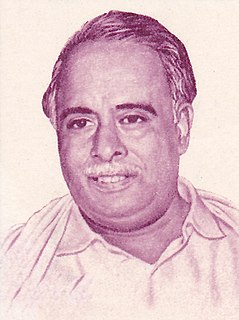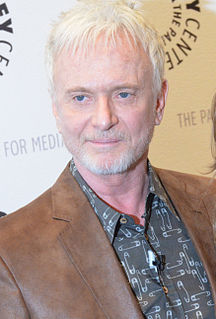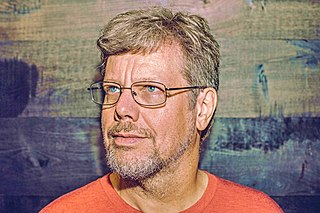A Quote by William C. Brown
We all live in a small unique world, that's why we need at least one sole common language.
Related Quotes
Since every school in India teaches English, why can't it be our link language? Why do Tamils have to study English for communication with the world and Hindi for communications within India? Do we need a big door for the big dog and a small door for the small dog? I say, let the small dog use the big door too!
Magicians and scientists are, on the face of it, poles apart. Certainly, a group of people who often dress strangely, live in a world of their own, speak a specialized language and frequently make statements that appear to be in flagrant breach of common sense have nothing in common with a group of people who often dress strangely, speak a specialized language, live in ... er.
It is quite common to meet people that live a few kilometers away from Mexico and that have never been there. We need to revive on many levels an illustrious desire to get to know the world, to learn another language, to understand and create empathy with people that live a few kilometers away from us. It's never late to do this.
If language naturally evolves to serve the needs of tiny rodents with tiny rodent brains, then what's unique about language isn't the brilliant humans who invented it to communicate high-level abstract thoughts. What's unique about language is that the creatures who develop it are highly vulnerable to being eaten.



































